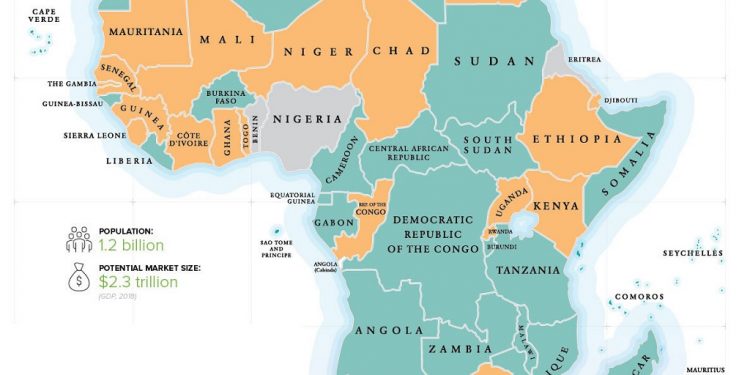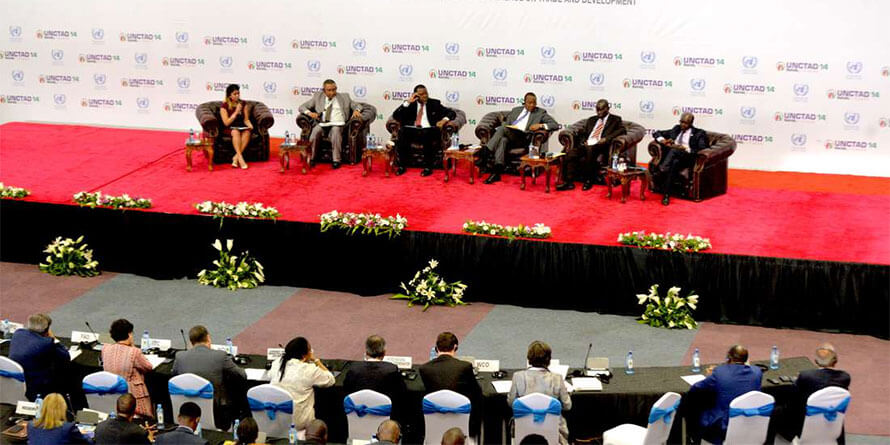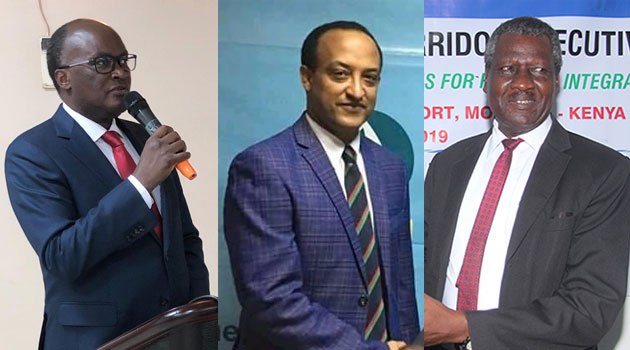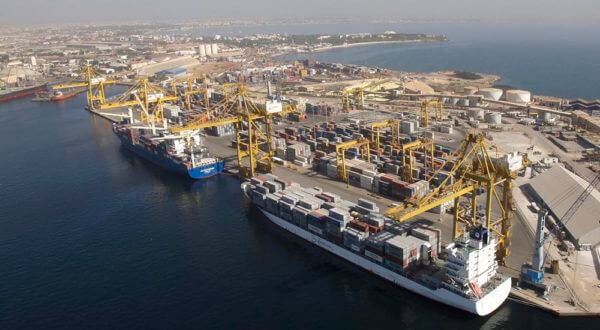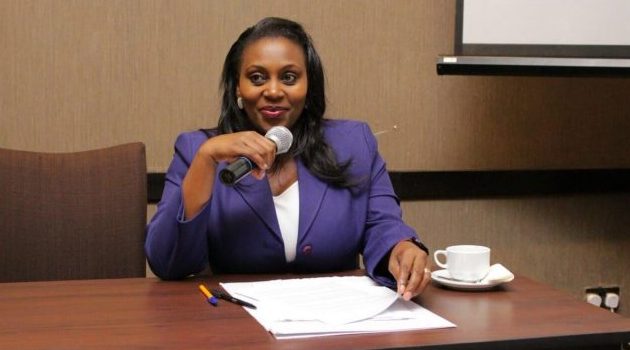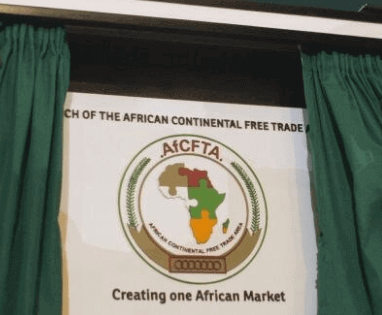The Kenya National Highway Authority (KeNHA) has started the process to construct part of the 460-kilometre East African Coastal Corridor development project. Tenders were advertised for the two phases of the 13.5km Mombasa—Mtwapa (A7) section, which entails the construction of a four-lane dual carriageway. The works include construction of a grade separated junction, service roads, storm water drains, major and minor drainage structures, access roads and social amenities along the road. The project has already received funds from the African Development Bank (AfDB) and a grant from the European Union. Last June, Gabriel Negatu, East Africa director general of AfDB said construction of the road would begin this year. “Both the Kenya and Tanzania governments have finalised all their requirements to pave way for the construction of the coastal highway,” Mr Negatu said. The Coastline Transnational Highway project, conceived more than two decades ago, covers Bagamoyo-Tanga-Horohoro on the Tanzania side and Lunga Lunga-Mombasa-Mtwapa-Malindi on the Kenyan side, and is expected to cost $751 million. According to an agreement signed last November, AfDB will finance 70 per cent of the highway and the governments of Kenya and Tanzania will cover 30 per cent. Last December, AfDB approved of the $384.22 million financing package for the road construction a few months after the EU gave a grant of $33.41 million or 7.7 per cent of the total project cost to the government of Kenya. The road is a priority item in AfDB’s Eastern Africa Regional Integration Strategy and the Country Strategy Papers...
Plans in high gear for East African coast highway
Posted on: February 3, 2020
Posted on: February 3, 2020



